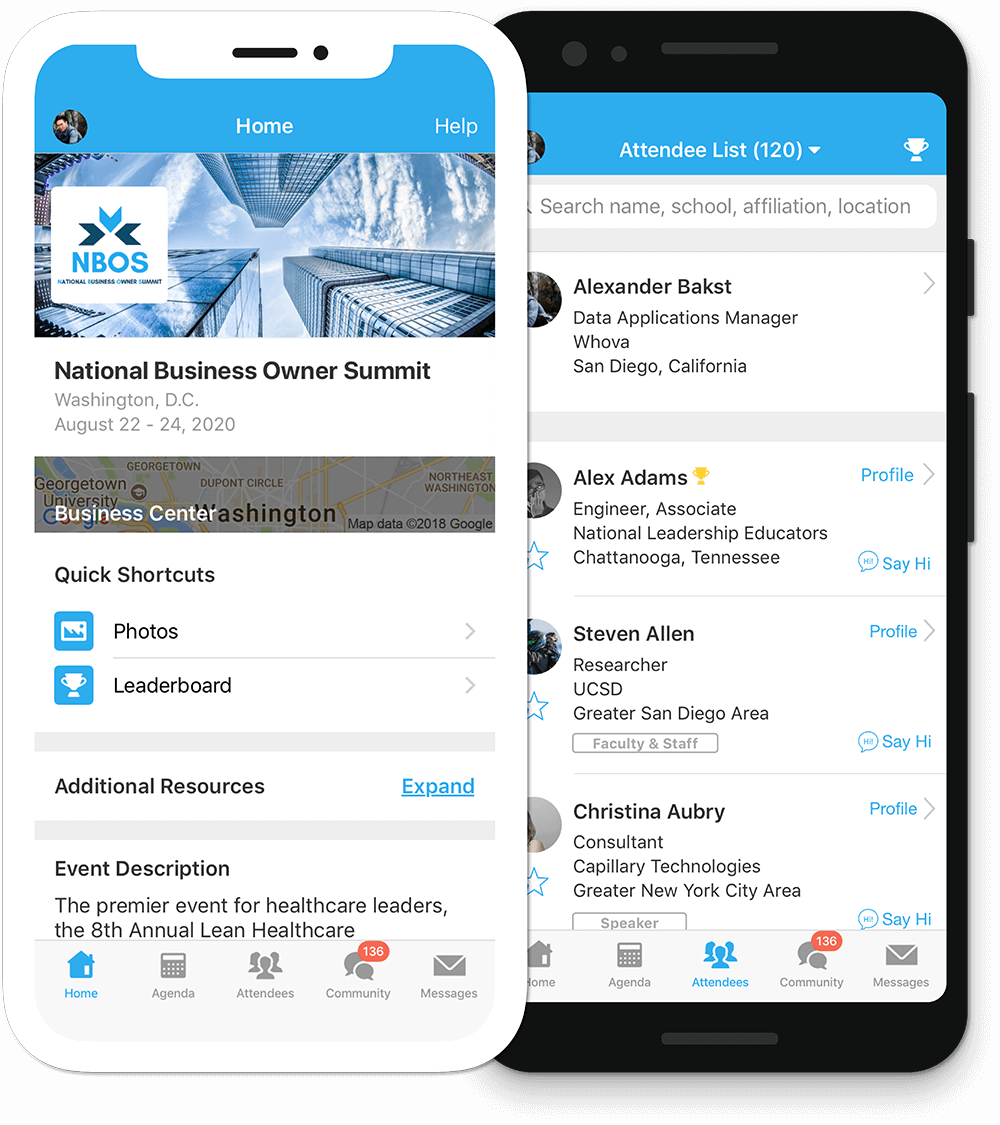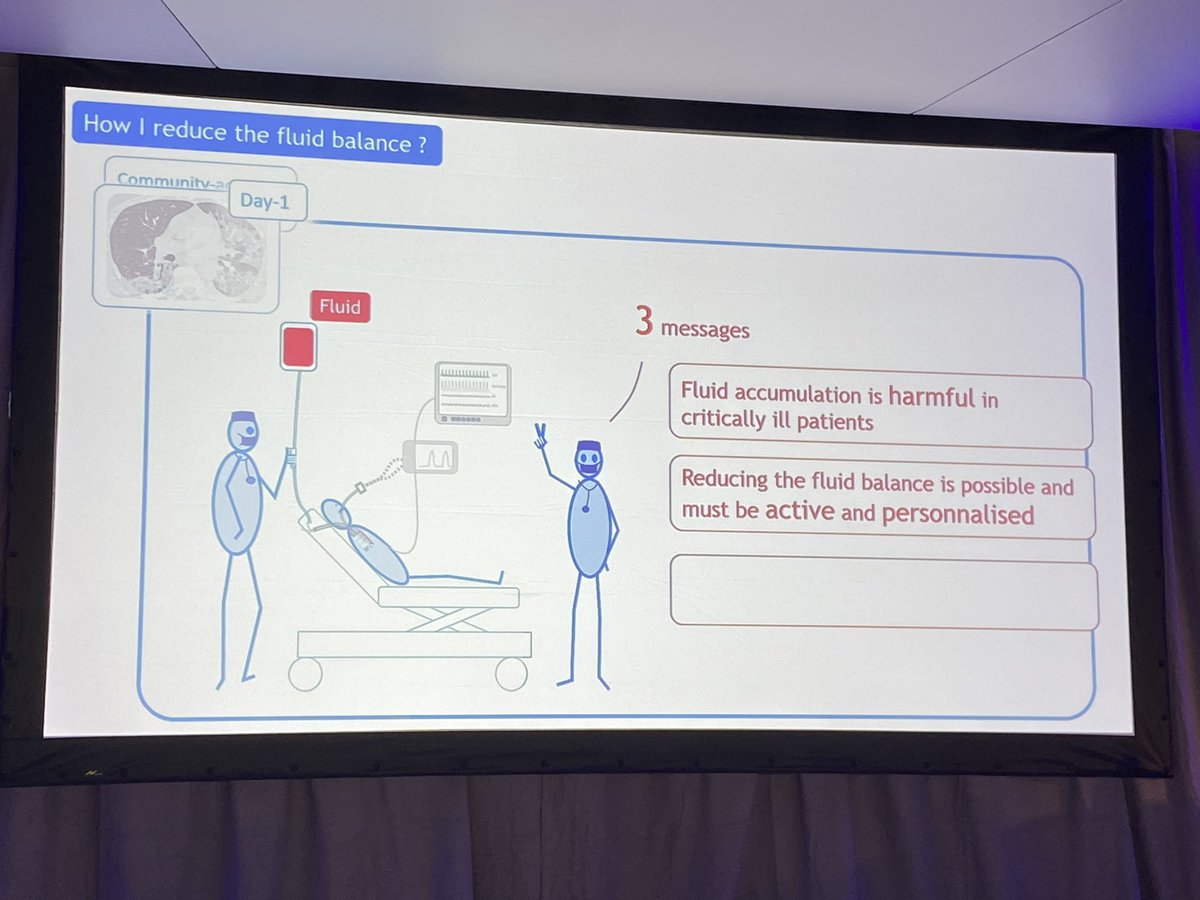
Workshop on fluid stewardship
How to set up a fluid guideline in your unit (Limited places during IFAD2017)
Date: November 23rd, 2017
Location: Hilton Congress Centre, Groenplaats, Antwerp, Belgium
Room: TBA
Scientific Program Chairs: Prof Dr Manu Malbrain, ICU Director, UZ Brussels, Belgium, Dr Niels Van regenmortel, ICU Director, ZNA Stuivenberg, Antwerp, Belgium
Program Chairs: Prof Dr Monty Mythen, Dr Marcia McDougall
Speakers:
Lui Forni
Marcia McDougall
Monty Mythen
Emily Ridley
Duration: 120 min
Pax: 40
Price: 125 EUR
Comment: This workshop can only be booked when attending the IFAD2017 meeting on Nov 24-25, 2017, at Hilton Congress Centre, Groenplaats, Antwerp, Belgium
Background:
Fluid Guidelines: Where do we start?
Fluid prescribing has been shown in the UK to be associated with significant morbidity and mortality: it has been estimated that up to 20% of patients who receive intravenous fluids suffer iatrogenic harm as a result. It is therefore an area in which investing some effort in improvement is likely to prevent a great deal of patient harm. There are now national guidelines in the UK for IntravenousFluid therapy in Adults, the NICE Guidelines. In our large district general hospital in Fife, Scotland, wedeveloped a local version of these guidelines and have implemented them over a number of years through several steps. In this workshop the pitfalls and challenges of introducing large-scale change such as this will be examined and suggestions made as to how you may be able to effect change in this rewarding and immensely important area of healthcare.
Learning objectives
- To understand the potential risks of poor fluid management
- To learn about recent British Guidelines on Fluid Management (National Institute for Clinical Excellence)
- To discuss the challenges and rewards of implementing guidelines in a hospital.
- To learn about a suggested process for improving fluid prescription and charting.
Programme
11:10 AM - 11:25 AM
Background of fluid guidelines and the NICE concept – Monty Mythen
11:25 AM - 11:55 AM
Establishing a team and organisation of baseline aufdot – Marcia McDougall + Faculty
11:55 AM - 12:20 PM
Setting the objectives of your programme – Marcia McDougall; Monty Mythen; Emily Ridley; Lui Forni
12:20 PM - 12:30 PM
Target the audience – Marcia McDougall
12:30 PM - 12:50 PM
Implementation and monitoring – Emily Ridley
12:50 PM - 1:00 PM
Discussion – Emily Ridley; Monty Mythen; Marcia Mac Dougall; Lui Forni
Workshop Plan
Delegates will be put in groups of between 5 and 6 people (between 25-30 delegates so 5-6 tables)
Part 1 –MM/MMcD presenting about NICE guidelines and background to Fife’s work (1110-1125)
1125-1155 Establishing a team: Who are the important people to involve? Ask the groups to think about who is involved in fluids and who they would want to involve for max 3 mins– leader to do it, pharmacist, nursing leader, surgeon, physician, anaesthetist, key opinion leaders and ‘experts’ e.g. renal physician, intensivist, dietitian, include manager. Funding? 5 minutes to discuss results - MMcD
Audits: 15 mins ICU/SHDU/Ortho/Theatres/MHDU/medical/surgical – elective/emergency
7 minutes for discussion in groups
Who will do it? What to look at?
Basic numbers – pharmacy – what are we using in terms of volumes and types of fluids, breakdown for area
Costs of fluids used, litres/occupied bed day
Individual area audits:
How much fluid, which fluid did patients get? Any evidence of assessment?
Why? How long for? Amounts of Na/CL/K given? How prescribed? By whom?
Did they use pumps?
How is it done i.e. pile of charts given to doctor? Prescribed over weekend, overnight, any senior input, any information in notes?
Fluid balance charts – are they uniform across organisation? Fit for purpose?
Attitudes to fluid prescribing/monitoring?
Are prescription and balance charts filled in accurately?
Complications of fluid prescription – over/underload, AKI, electrolyte imbalances
Are there any incident reporting systems?
Knowledge of nurses/junior doctors – basic questionnaire
8 mins to feedback/discuss
1155-1220 Setting objectives of your programme
What are we trying to achieve? Define this 5 minutes on Drivers for change and what are we wanting to achieve plus 3 minute discussion
Drivers for change? – these depends on audit results
Harm occurring?
Fluids used wrongly?
Education poor?
Costs – fluids and organisational costs from harm occurring
10 mins on
Barriers to change: Resistance to change amongst consultants, Time of group to implement change, funding?, Prescription - culture – not important, most junior to prescribe, not on ward rounds, nothing about fluids on clerking sheets, different charts between areas, blank charts, juniors given charts by nurses without knowing patients, lack of guidance re stopping monitoring, lack of education, doctors from different universities/hospitals, poor decision making, lack of experience in junior doctors/lack of interest senior doctors?
FB charting: time-consuming, lack of knowledge of volumes, low staffing levels, too many unnecessary charts, criteria for FB charts, attitude – understanding, culture – attention to detail without understanding implications, different charts in different areas, leadership, practicalities – where do you keep the chart, how accessible is it? Paper or electronic? Different systems between areas. Is it discussed at handover? Lack of education in nursing/health care assistant population.
5 mins to discuss ER
1220- 1230: target the audience: Education: Open session with all groups – MMcD asking
Who – Managers – convince them for funding – for nurse, consultant time and materials – leaflets, posters etc. Get on to Clinical Governance Committees, medical director involved etc, senior nurses, national reports useful – if they say something needs improvement
Who – nurses, doctors, managers
How – face to face, lectures, mandatory training, e- modules, app, email communication, small group teaching, junior doctor education programmes, university teaching programmes, ‘train the trainers’, posters in lifts
When – Induction for doctors and new nurses, consultant mandatory training, spontaneous ward-based teaching, regular tutorials
National roll out easier in smaller country – share information
National meetings, cooperation (Scottish Patient Safety Programme)
1230-1250: Implementation and monitoring: 10 mins group, 10 mins ER including PDSA cycles
Present audit results and show need for change
Design of Guidelines – leaflet, card for lanyards, intranet
Design of Charts: PDSA cycles Start with 1 ward, 1 patient, 1 nurse, 1 chart – ask for comments, change – may repeat with other nurses/patients, then go up to 5 – if reliable for 5 likely to work.
Posters – for volumes, criteria, aides memoire
Organise a launch day: Let everyone know what is happening. Publicity – emails, posters, stands, newsletters.
Monitoring – audits – what to audit, feedback of audits to staff, recording of incidents, publicity to hospital, data, run charts, communication between fluid group and wards, sustainability – ‘ train the trainers’ How does it remain a priority for the organisation, monitoring fluid use. ER to show audit and how feeding back to staff now.
Emily to talk about PDSA testing of charts, teaching sessions for nurses and audit.
Resources: Pack of resources for each delegate
Take/give email addresses to send electronic material
Fluid charts, guidelines, AKI poster, Stop and Think poster, Criteria poster, Dehydration/overhydration poster, volume guides, Hydration matters, 30 mini cards of both types, Questions Answered, 30 of everything.
Key references to important papers
- National Confidential Enquiry into Perioperative Deaths report 1999. Extremes of age.
- NICE Guideline: Intravenous Fluid Therapy in Adults in Hospital: Clinical Guideline CG 174 Dec 2013
- de Silva AN, T. Scibelli, MA Stroud et al. Improving peri-operative fluid management in a large teaching hospital: pragmatic studies on the effects of changing practice. Proc Nutr Soc (2010), 69, 499-507.
- National Confidential Enquiry into Perioperative Deaths report 1999. Extremes of age.
- Shaw AD et al. Major complications, mortality and resource utilization after open abdominal surgery: 0.9% saline compared to Plasmalyte. Annals of Surgery. 2012; 255 (5): 821-829.
- Lobo DN, Dube MG, Neal KR, Simpson J, Rowlands BJ, Allison SP. Problems with solutions: drowning in the brine of an inadequate knowledge base. Clinical Nutrition (2001) 20 (2): 125-130
- Powell AGMT, Paterson-Brown S. Safety through education. FY1 doctors still poor in prescribing intravenous fluids. 2011; 342:d2741
- Leech R, Brotherton A, Stroud M, Thompson R. Analysis: It’s time to take nutrition and fluid balance seriously. BMJ 2013;346:22-2.









































